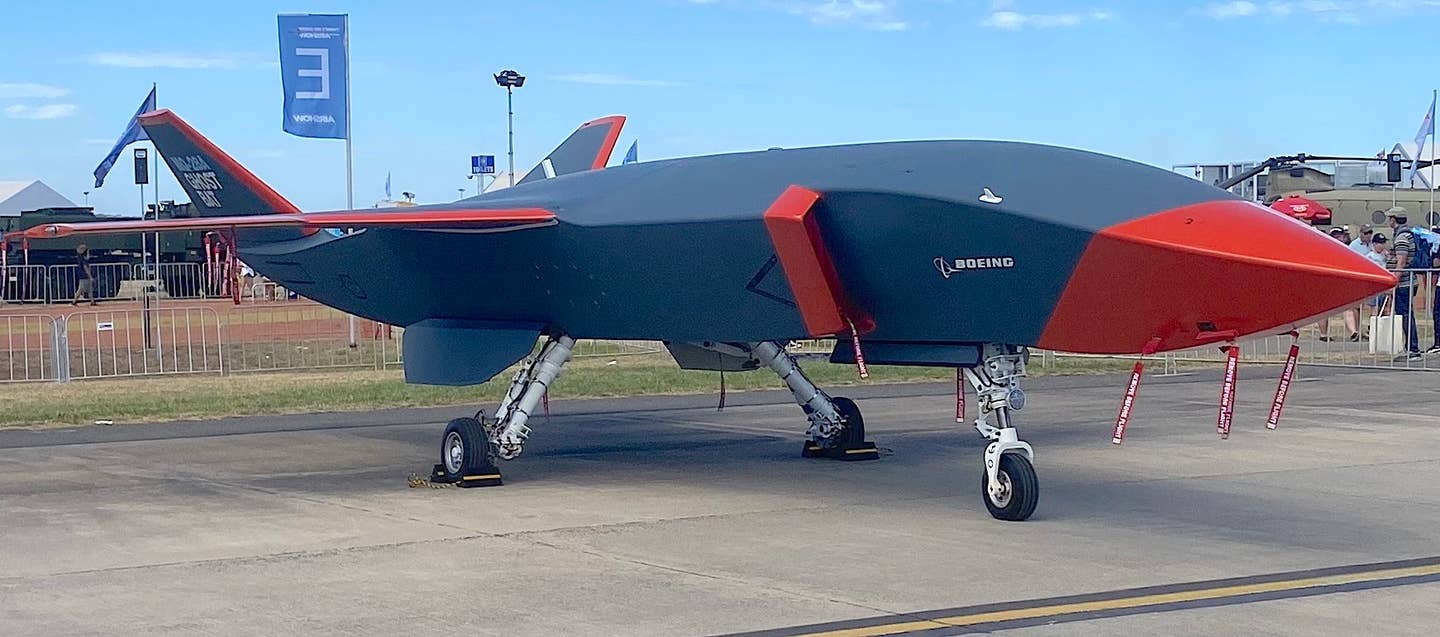FAA Launches Initiative To Eliminate General Aviation Lead Emissions
The FAA has announced the launch of a new initiative designed to eliminate the use of leaded aviation fuel “without adversely affecting the existing piston-engine fleet” by the end of…

Image: FAA
The FAA has announced the launch of a new initiative designed to eliminate the use of leaded aviation fuel “without adversely affecting the existing piston-engine fleet” by the end of 2030. The Eliminate Aviation Gasoline Lead Emissions (EAGLE) initiative outlines four “pillars of action” to be tackled by government and industry stakeholders. The pillars include developing unleaded fuel infrastructure and assessing commercial viability, supporting research and development and technology innovations and continuing to evaluate and authorize safe unleaded fuels. The final pillar covers the establishment of necessary policies, with the FAA referencing the EPA’s ongoing evaluation of whether emissions from piston-engine aircraft burning leaded fuel contribute to air pollution that endangers public health. The FAA stated that if the EPA issues regulations on lead emissions from piston-engine aircraft, a decision slated for final action in 2023, it will roll out “regulations that certify piston engine modifications, new piston engines that do not require leaded aviation fuel, and regulate fuel components for aviation fuels.”
“This is a safe and practical path to a lead-free aviation system,” said FAA Administrator Steve Dickson. “We look forward to starting a new partnership with aviation stakeholders and the communities that hosts airports to achieve this important goal.”
According to the FAA, EAGLE banks on involvement from itself, the Environmental Protection Agency, fuel suppliers and distributors, airports, engine and aircraft manufacturers, research institutions, associations, environmental experts, communities and other industry stakeholders. Groups such as the Aircraft Owners and Pilots Association (AOPA), American Association of Airport Executives (AAAE), American Petroleum Institute (API), Experimental Aircraft Association (EAA), General Aviation Manufacturers Association (GAMA), Helicopter Association International (HAI), National Air Transportation Association (NATA), and National Business Aviation Association (NBAA) have announced their commitments to the initiative. The FAA says EAGLE is part of its ongoing effort to build a sustainable aviation system alongside the Aviation Climate Action Plan released last November and $100 million in matching grants aimed at increasing aircraft efficiency, reducing noise and aircraft emissions and developing and implementing software designed to reduce taxi delays. The agency further noted that the EAGLE pillars "leverage and build upon a continuing collaboration with industry through the Piston Aviation Fuel Initiative [PAFI]."
More information about the EAGLE initiative can be found at






